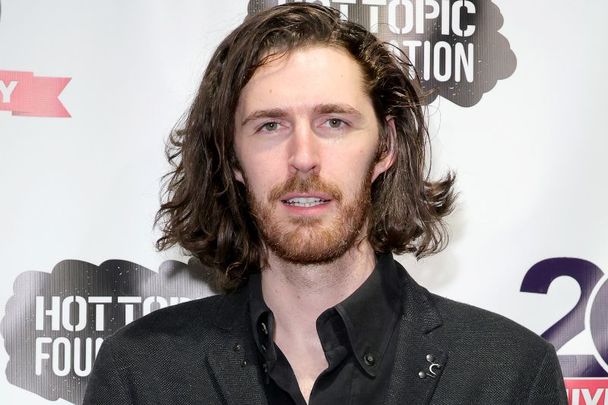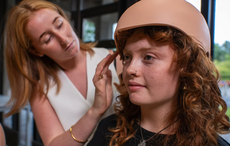Irish musician Hozier has said that people's "obsession" with the artificial intelligence program ChatGPT is "more interesting than the program itself."
"I do find our obsession with it [ChatGPT] very interesting," Hozier told the Associated Press when asked about it.
"I think that's more interesting than the actual program itself, to be honest.
"And I'm sure that there's coders that will dispute that. Yeah, this is remarkable.
"But I mean, it's just the logical conclusion of probability. Surely it's just a logical conclusion of probability, mathematics, you know what I mean?
"Or 'Okay this is, this is a probable outcome based on previous inputs,' you know.
"But I think our obsession with it in the way that we view it as some sort of miracle of either productivity or miracle of moneymaking or miracle of getting us all out of either a job or, I don't know.
"I think our obsession with it and what we see in it is a little bit more interesting than quite frankly, the very drab and uninteresting things that it has to say, you know, and sometimes alarmingly bad things it has to say."
33-year-old Wicklow native Hozier (real name Andrew John Hozier-Byrne) was nominated for a Grammy in 2015 for his hit song "Take Me to Church."
Released as a prototype in November 2022 by OpenAI, ChatGPT has garnered international attention because of its ability to provide detailed and articulate responses to questions. However, the chatbot is also known for regularly providing incorrect information.
The rise of artificial intelligence since ChatGPT's release has provoked significant debate and controversy in the past six months.
Geoffrey Hinton, who has been dubbed the "Godfather of AI," reportedly quit his job at Google in April to speak out about the dangers of the technology.
Hinton told the New York Times that advancements made in AI posed "profound risks to society and humanity."
"Look at how it was five years ago and how it is now," Hinton told the New York Times.
"Take the difference and propagate it forwards. That's scary."
He added that competition among technology companies was causing AI technologies to be released at dangerous speeds, putting jobs at risk.
He also said it was difficult to prevent "bad actors" from using the technology to do "bad things."
Meanwhile, The Irish Times removed an article this week entitled "Irish women’s obsession with fake tan is problematic" and issued an apology after many readers questioned the veracity of the opinion piece.
The article, which argued that Irish women's use of fake tan was "cultural appropriation," was credited to a woman named Adriana Acosta Cortez, "a 29-year-old healthcare administrator living in North Dublin." Some readers suggest that the article and her image were generated by AI.
"It now appears that the article and the accompanying byline photo may have been produced, at least in part, using generative AI technology," Editor Ruadhán Mac Cormaic admitted on Sunday, May 14.
"It was a hoax; the person we were corresponding with was not who they claimed to be. We had fallen victim to a deliberate and coordinated deception."
Mac Cormaic, who said the publication was "genuinely sorry," said checks are ongoing related to the matter.




Comments